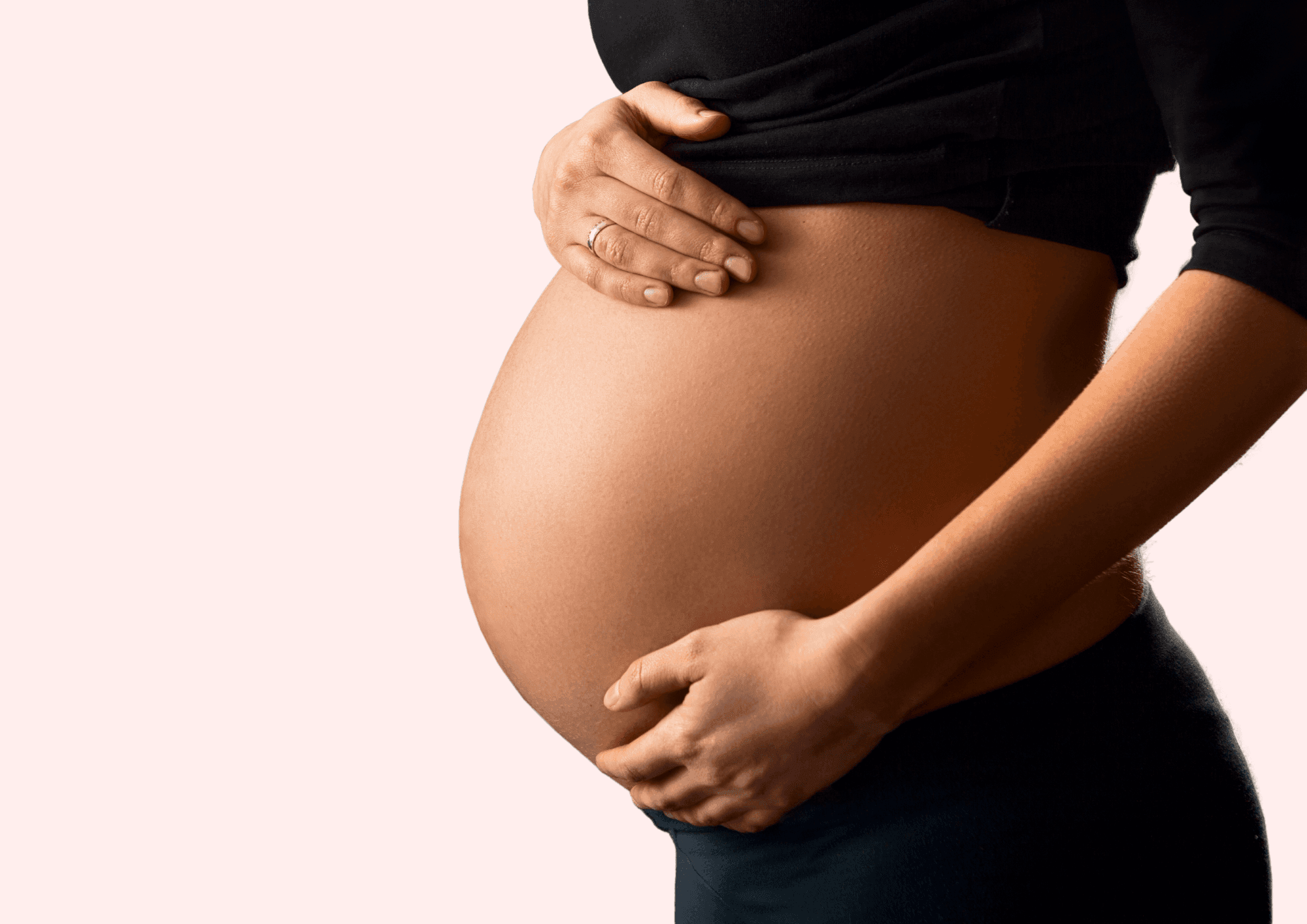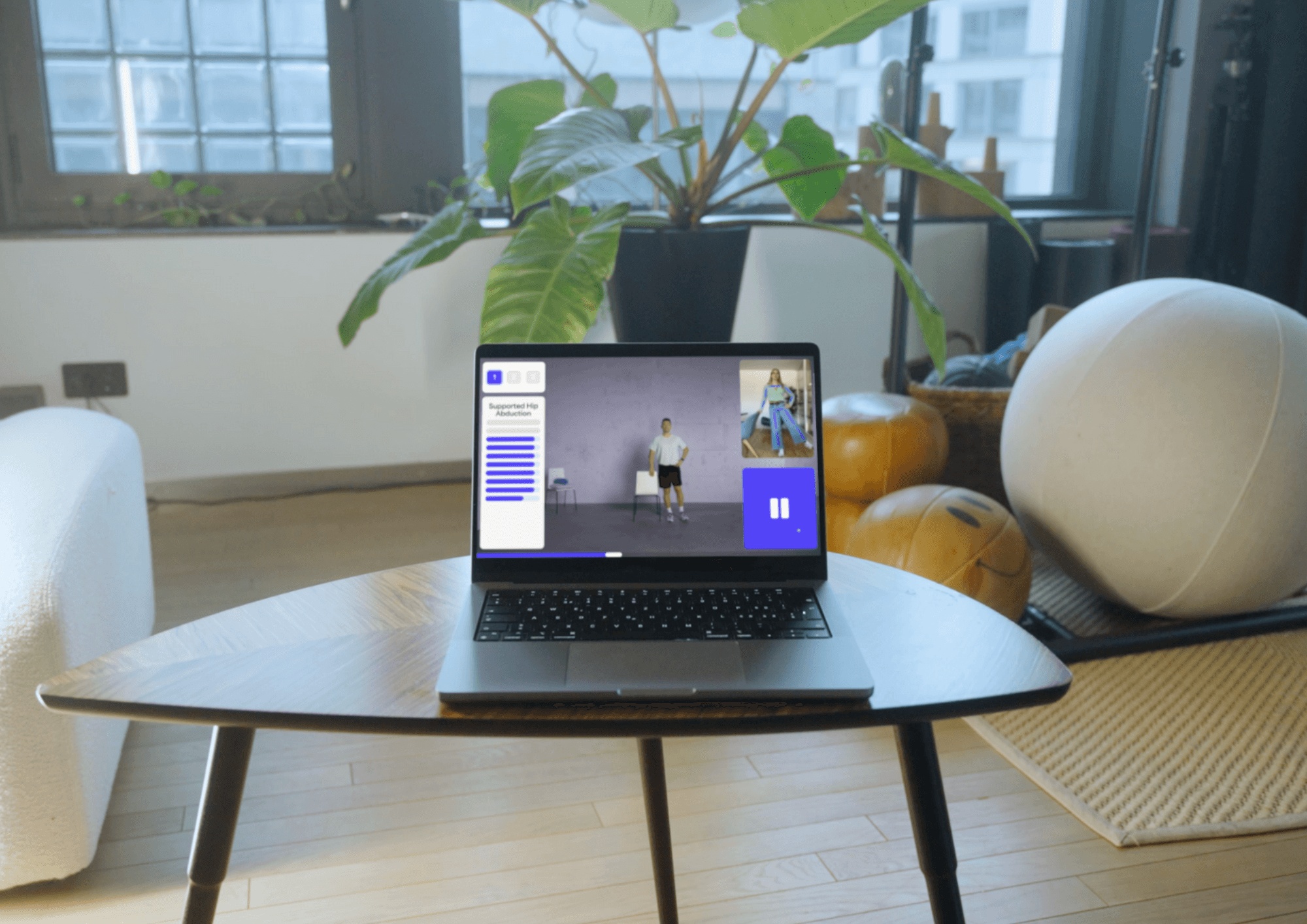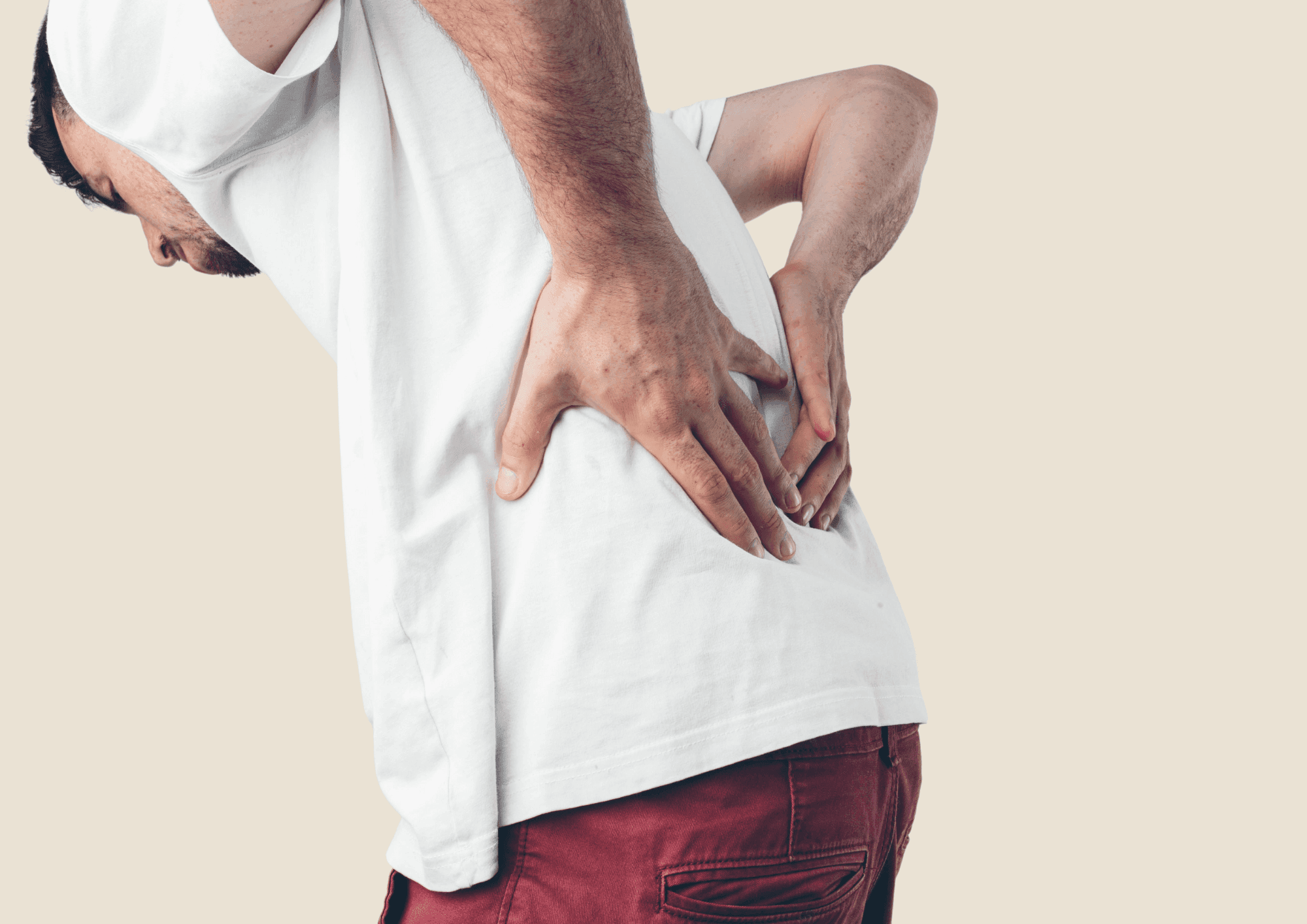Pregnancy is probably one of the most exciting times in the lives of young parents. It has many positive aspects, but undoubtedly also comes with many difficulties: Insomnia, nausea attacks, shortness of breath, varicose veins... Back pain is also one of the most common pregnancy complaints – this frequent phenomenon affects over 50% of all mothers-to-be. Especially in the third trimester, many women are plagued by it.
Are you also affected by back pain during pregnancy or would you like to help someone who is struggling with it? Then you've come to the right place. In this article, we get to the bottom of the issue: from causes and preventative measures to possible pain relief techniques.
Why does back pain occur during pregnancy?
First things first: Let's start by clarifying why back pain occurs during pregnancy in the first place. There are two causes - physical changes on the one hand and hormonal changes on the other are responsible.
- Physical changes:
The baby in the belly leads to a one-sided weight gain and the body's center of gravity shifts further and further forward during pregnancy. Many women adopt a compromised posture as a result of this change: they push their stomach further forward and their pelvis backwards. This creates a hollow back, which further increases back pain. The weight of the baby can also lead to tension in the back muscles, as the back is not used to this additional weight. - Hormonal changes:
The second cause of back pain during pregnancy is the hormonal changes that occur during this time. Specifically, the increased production of the hormone progesterone is responsible for the loosening of the muscles and ligaments in the lower back and pelvic region. The reason for this relaxation is to prepare the body for birth. However, a side effect is pain in the back, especially in combination with the previously mentioned point of weight gain and muscle tension.
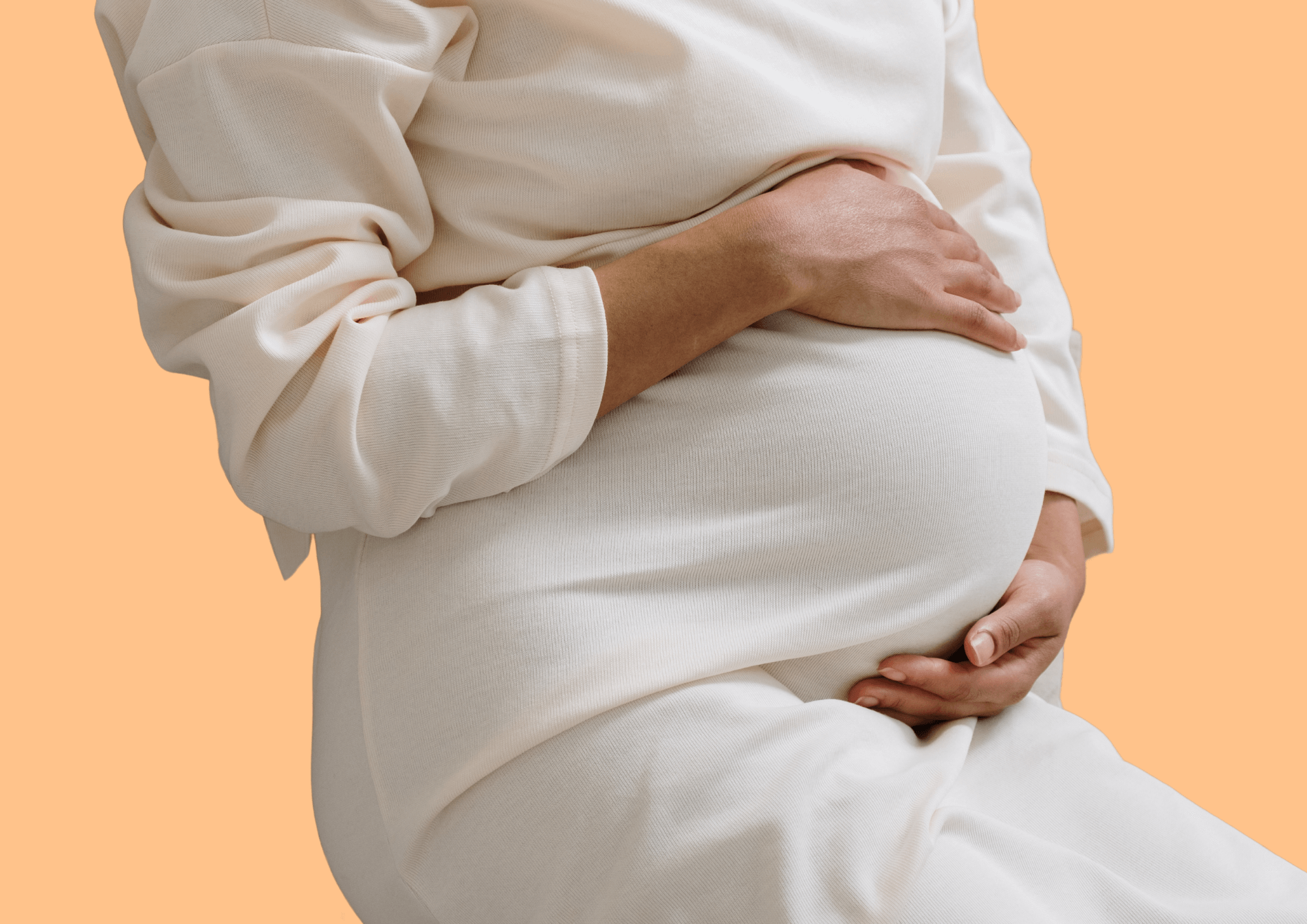
This is how back pain changes during pregnancy
As pregnancy progresses, the physical and hormonal changes mentioned before intensify. And like that, back pain also changes over the course of the pregnancy.
- First trimester (weeks 3 - 14)
Back pain can already occur in early pregnancy during the first trimester. However, expectant mothers are more likely to experience typical side effects such as breast soreness, morning sickness and increased sensitivity to smells during this time. - Second trimester (weeks 15 -28)
While the side effects described in the previous trimester subside, back pain tends to increase in intensity and frequency from the 15th week of pregnancy. This is due to the constantly growing belly and the increasing weight of the unborn child. - Third trimester (weeks 29 - 40)
In the last trimester of pregnancy, complaints such as heartburn, sleep problems, shortness of breath and water retention often occur. Back pain also manifests itself most strongly during this time, as not only the increasing weight of the baby, but also its position can become uncomfortable. The baby's head slips deeper into the mother's pelvis during this time, which puts pressure on the nerves of the pelvic floor. - Labor
The closer the delivery date approaches, the looser the ligaments in the pelvis become. Towards the end of pregnancy, back pain can be caused by contractions of the uterus that radiate into the back. - Postpartum and breastfeeding
You've made it! The pain in your lower back should subside in the postnatal period. But be careful: during prolonged breastfeeding in the same position, new back or neck pain can arise due to incorrect posture. Therefore, make sure you are in a comfortable position while breastfeeding (possibly with a nursing pillow or other support).
When should you see a gynecologist?
Pain in the back and pelvic area is a very common and unpleasant, but often harmless side effect of pregnancy. Nevertheless, you need to be careful, especially at the beginning and towards the end of pregnancy, if you feel that the pain is unusual or very severe.
The reason for this is that back pain in the first few weeks of pregnancy can indicate an ectopic pregnancy - if you suspect this, you should seek medical advice immediately.
Towards the end of the pregnancy, the pain can be a sign that the birth is approaching. Did you know that many pregnant women experience labor pains primarily as back pains? So if you are close to your due date and suddenly feel extreme pain in your back, it is advisable to go straight to the hospital.
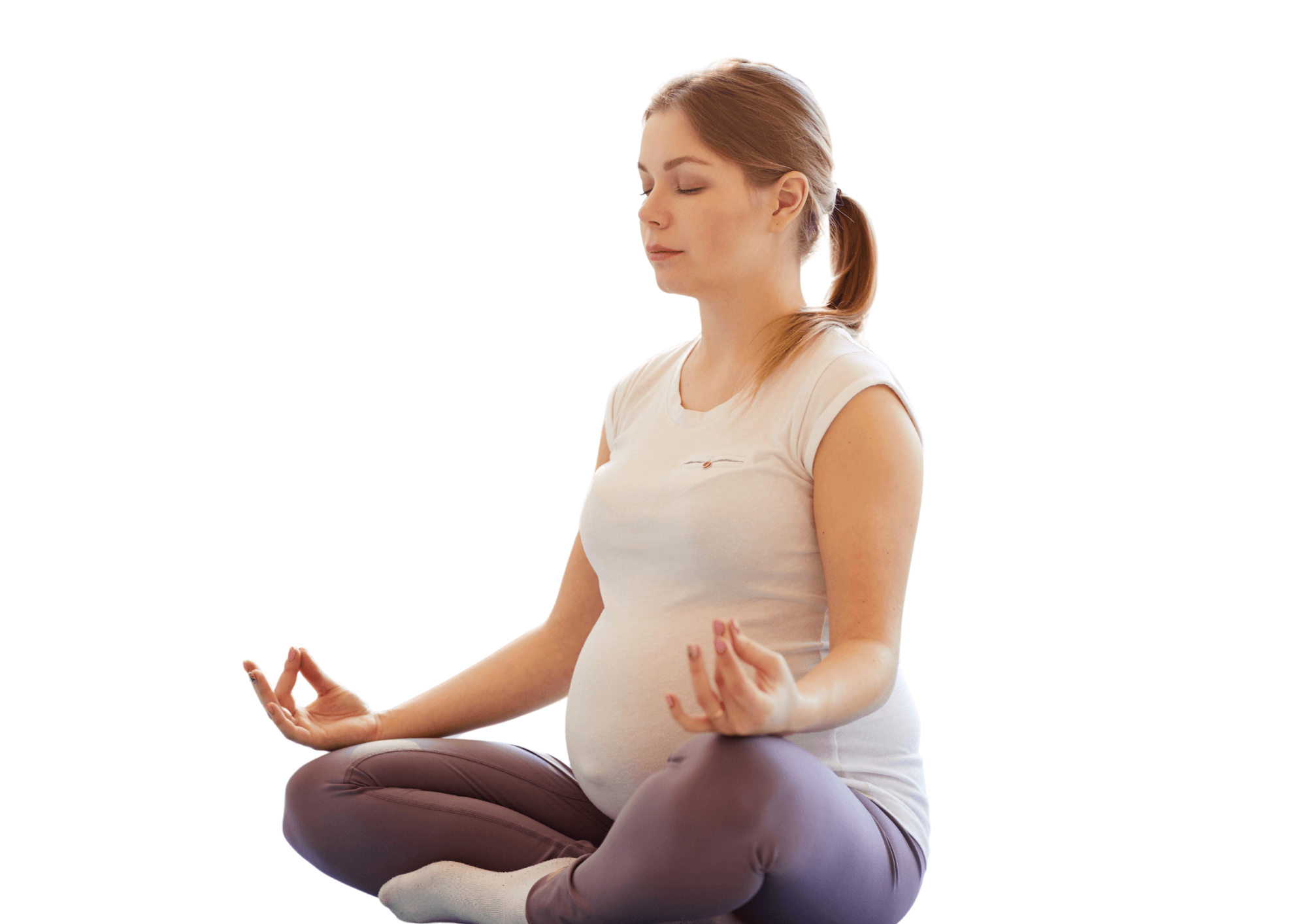
Here's what you can do to relieve back pain during pregnancy
- Taking the weight off
Sudden, acute back pain is often caused by a pinched sciatic nerve. It can help to lean on a piece of furniture or something similar as an immediate measure to relieve pressure on the spine. If possible, you should then lie down to relieve the pressure on the lumbar spine. Alternatively, lying on your side can also provide relief. A nursing pillow between the knees and under the stomach provides additional support. - Improving mental health
Relaxation exercises and meditation techniques such as mindfulness-based stress reduction can have a positive influence on the perception of pain. They have been shown to improve both physical and mental well-being. - Good posture
As previously mentioned, many pregnant women fall into bad postures such as a hollow back due to the extra weight. You should avoid this as much as possible. To maintain good posture, you should not stretch your stomach forward, but carry it over the middle of your body. Tip: Try to keep your pelvis down, stretch your lower back and pull your abdomen slightly inwards. - Massage
Here's something for all partners of pregnant women: A soothing massage of the painful area can loosen tense muscles and lead to pain relief. It is best to use a suitable oil to make the massage even more pleasant. But be careful with massages in the sacrum area: they can possibly trigger contractions. For this reason, the lower part of the lumbar spine should be omitted and the focus of the massage should be on the upper and middle part of the back. - Soothing warmth
Heat helps to relieve tension and pain. Treat yourself to a pleasantly warm bath or place a hot water bottle on the painful areas. But be careful: it must not be too hot, as this can also lead to premature contractions. - Exercise
Health-promoting exercise, physiotherapy and pregnancy gymnastics are invaluable during pregnancy. These measures can not only help prevent pain, but also treat existing pain, as they strengthen the muscles and relieve tension. More on this in the next chapter!
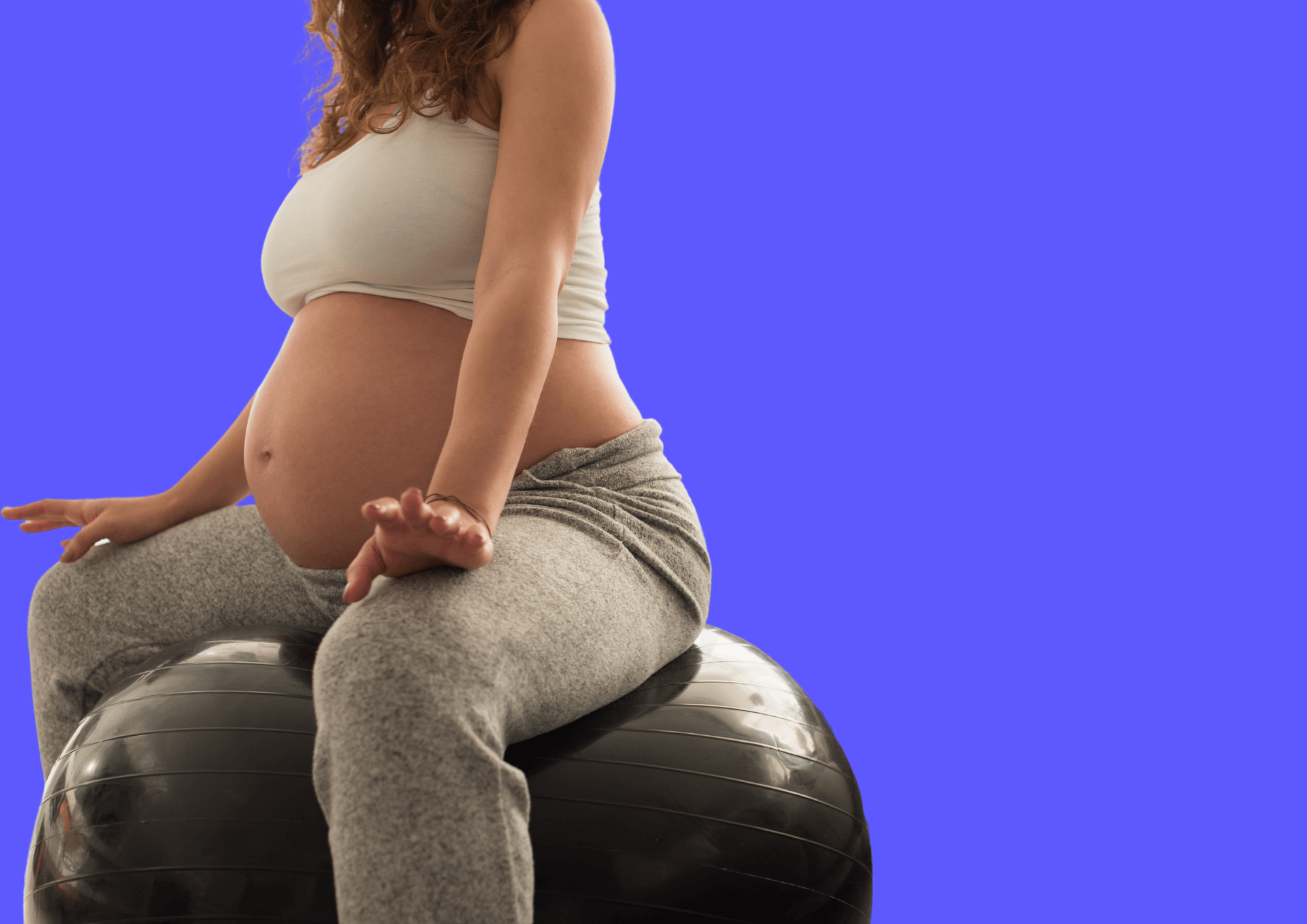
The importance of exercise for the prevention and treatment of back pain
According to Gesundheitsförderung Schweiz, a Swiss foundation for health promotion, regular exercise and sport are essential for health and well-being – even during pregnancy. Both mother and child benefit! The benefits of exercise during pregnancy include
- Reduction of high blood pressure
- Improving cardiorespiratory fitness
- Regulation of weight
- Reducing the risk of gestational diabetes
- Improved mental well-being
- Improved quality of sleep
- Fewer birth complications
- Shorter recovery time after birth
- Positive influence on the child's stress tolerance and behavioral development
Healthy women with an uncomplicated pregnancy are therefore recommended at least 2.5 hours of health-promoting exercise per week.
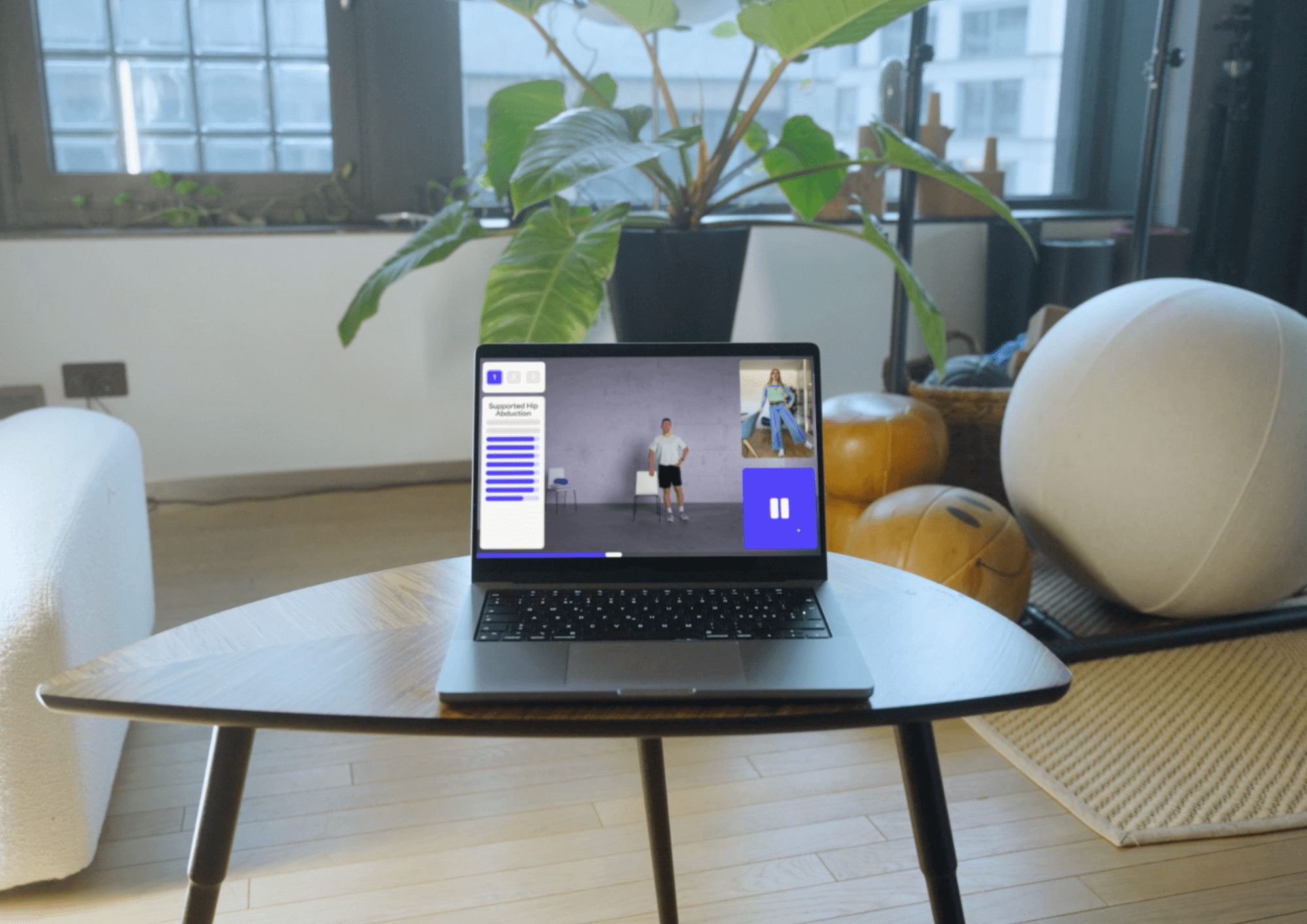
Akina therapy for back pain during pregnancy
We are aware that you have enough on your plate during pregnancy: Gynecologist appointments, birth preparations, baby showers – the list goes on. Completely understandable if you don't want to burden yourself with an additional appointment with a physiotherapist. But Physiozentrum, the largest independent physiotherapy provider in Switzerland, reports:
"Studies show that pregnant women with back pain who are well informed and educated and receive physiotherapy treatment have less pain and fewer restrictions. In addition, the quality of life increases and the test subjects perform better in physical tests."
So if you want to take a proactive and gentle approach to your back pain without having to make additional appointments with a physiotherapist, Akina is exactly what you need. Our AI software brings professional physiotherapy to your home through the screen of your laptop.
Akina Cloud includes scientifically proven therapy plans for back pain. An instructor shows you exactly what you need to do on our audiovisual platform. Our AI measures your movements through the camera on your laptop and lets you know in real time if there is room for improvement in your execution. You can imagine this as if a YouTube exercise tutorial was reacting to you.
But that's not all: your physiotherapist receives a summary of your training and can give you additional tips via our platform to make your training even more effective and help you relieve your back pain even quicker.
Sounds like something you might like? Sign up using the button below and try Akina for yourself soon. We look forward to seeing you!
